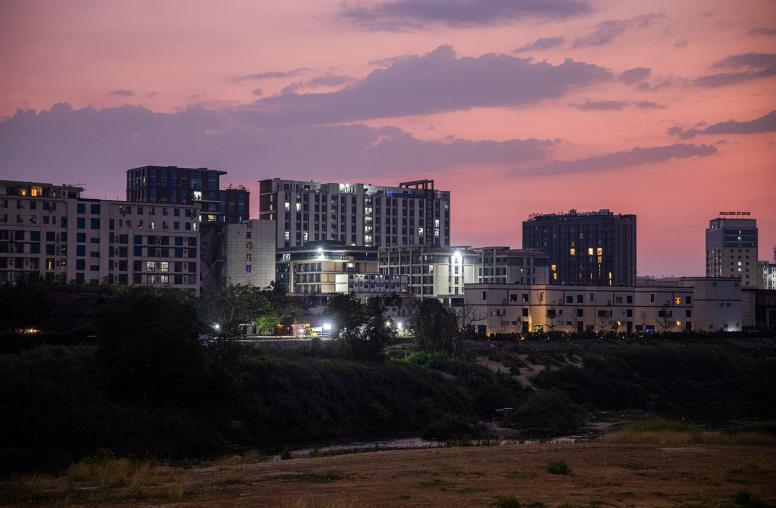Despite Africa’s immense potential, the pace of development is not keeping up with Africans’ needs. This deficit has helped fuel a troubling rise in poverty, conflict and coups across the continent, all while global issues like climate change and strategic competition begin to take their own toll. USIP spoke with Afrobarometer’s Joe Asunka, Open Society Foundations’ Mooya Nyaundi and the Institute for Security Studies’ Jakkie Cillers at the Africa Futures Summit about the challenges facing the African continent — and how the international community can partner with African leaders to harness Africa’s development potential and promote stable, democratic governance.



